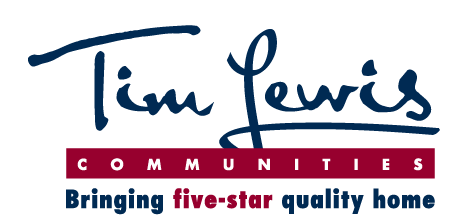How much money will be required at closing?
You should consult with your individual lender and closing agent; however the amount of money needed for cash to close is comprised of your down payment closing costs as well as the prepaid items for your initial taxes and insurance escrow accounts. A lender is required to provide you with a good faith estimate of settlement costs at the time of application. Also typically within 24 hours prior to your closing the closing agent will provide you with the final sum of money required for the closing.
What is an escrow account?
An escrow account is typically established at the time you close your mortgage loan. This account is held by the lender for the future payments of recurring items relating to the mortgaged property such as real estate taxes and insurance premiums as they become due. Lenders usually require you to pay an initial amount for each of those items to start the reserve account at the time of closing.
How long does it take to obtain loan approval?
Depending on your credit history and down payment and the loan program selected some lenders may be able to approve your mortgage in as little as 24 hours. The average number of days from application to approval will vary from lender to lender. However 2-3 weeks is typical.
How quickly can a lender close on my home loan?
Many lenders can facilitate closing 2 to 3 weeks after you have agreed on a purchase contract for a home. If you need more time you can take as long as you need while still closing prior to any rate lock expiration dates. Many lenders require 30-60 days from purchase contract and application to closing.
What homeowner’s insurance requirements will I need to meet at closing?
Most lenders require a one-year paid receipt for homeowner’s insurance policy for at least the amount of the mortgage at the loan closing.
How can I determine what mortgage amount I will qualify for?
Based on your income your current debts and estimated down-payment your lender can usually help you determine the maximum mortgage amount for which you could qualify within minutes. Many lenders have a toll-free 800 number where you may speak with a mortgage professional or you may also reference the lender’s mortgage calculator located on its mortgage Internet site. This process is frequently referred to as a “pre-qualification analysis”.
What is the minimum down payment for conventional FHA and VA loans?
As a general rule conventional loans are available with a minimum down payment of 5%. FHA loans are available with as little as 3-5% down. With VA loans veterans are not required to put any money down when purchasing a home. Veterans are still required to pay for their closing costs which includes a VA funding fee and prepaid items. Please consult your individual lender for specific down payment requirements and programs.
How do I apply for a mortgage?
Most lenders will take your application by phone or in person. The application interview typically takes 30-60 minutes.
Will there be a fee charged at the time of application?
Application fees vary according to each lender. This fee is generally used to cover the cost of the appraisal and credit report and other items required to process the loan.
What documents will typically be requested when I make application for a first mortgage loan?
Frequently lenders will request: W2’s pay stubs bank statements and the purchase contract on the home you are buying. Documentation requests vary by loan type and lender.
What is title insurance?
Title insurance provides the lender and the buyer (if you purchase owner’s coverage) with coverage for losses resulting from specific title defects listed in the policy. In cases where land and property have changed hands over time there is always the possibility an error has occurred. If an error has occurred it may be that someone else may be in title to or have an interest in the property that improvements encroach on property lines or that other similar problems may exist. In these scenarios if you do not have title insurance you could lose your investment in your home. Lenders require “lender’s coverage” to protect their investment and it only protects the lender. Owner’s coverage is optional and provides separate coverage for the borrower.
